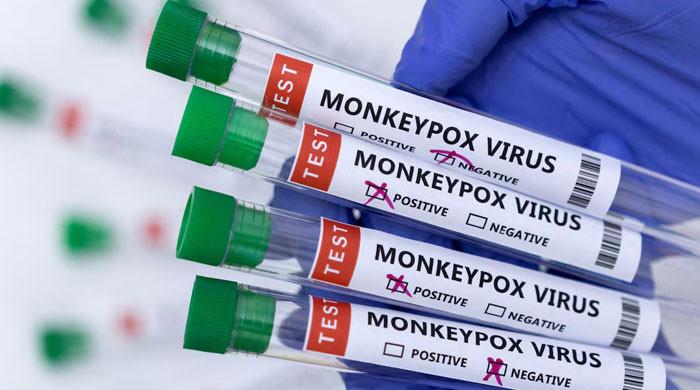Marion Biotech: Uzbekistan links child deaths to India cough syrup

According to the health ministry of Uzbekistan, cough syrup produced by Indian pharmaceutical company Marion Biotech is to blame for the deaths of 18 children.
A batch of the medication included ethylene glycol, a hazardous chemical, according to preliminary tests, the ministry reported.
According to the report, the Dok-1 Max syrup was provided to the kids without a prescription.
They consumed more than what is considered a child’s normal dose.
The Gambia made a similar claim a few weeks prior, linking child deaths to cough syrups made by another Indian company. Now Uzbekistan has made the same claim.
The national drug regulator of Uzbekistan and India’s health ministry have been in “frequent contact over the situation” since December 27, according to a statement from the Indian health ministry.
It further stated that the Marion Biotech plant in Noida, Uttar Pradesh, had undergone a health check.
The statement continued, “The samples of the cough syrup have been removed from the manufacturing premises and forwarded to Chandigarh’s Regional Drug Examination Laboratory for testing.”
According to a Marion Biotech executive, the company has temporarily stopped producing the syrup. He further stated that the government was initiating an investigation and that the company would respond appropriately.
Noida, which is close to Delhi, is where Marion Biotech is headquartered. The business was founded in 1999, according to its LinkedIn page, which is currently offline. Its products are “household names in Central Asian countries, Central and Latin America, South East Asia, and Africa.”
The nation is referred to as “the world’s pharmacy” and provides the majority of developing nations’ medical needs. It is home to some of the pharmaceutical companies with the fastest rates of growth.
Dok-1 Max tablets and syrup have reportedly been distributed in Uzbekistan since 2012, according to a statement from the ministry dated December 27.
A government official said that the WHO had been “presumptuous” in attributing the issue to the syrups. India had earlier in December claimed that tests on the four syrups revealed that they met requirements. The WHO stated nonetheless that it agreed with the course of action taken.
A parliamentary committee in The Gambia last week recommended prosecuting Maiden Pharmaceuticals after many weeks of investigation. The committee recommended that the government prohibit the whole product line produced by the corporation.






